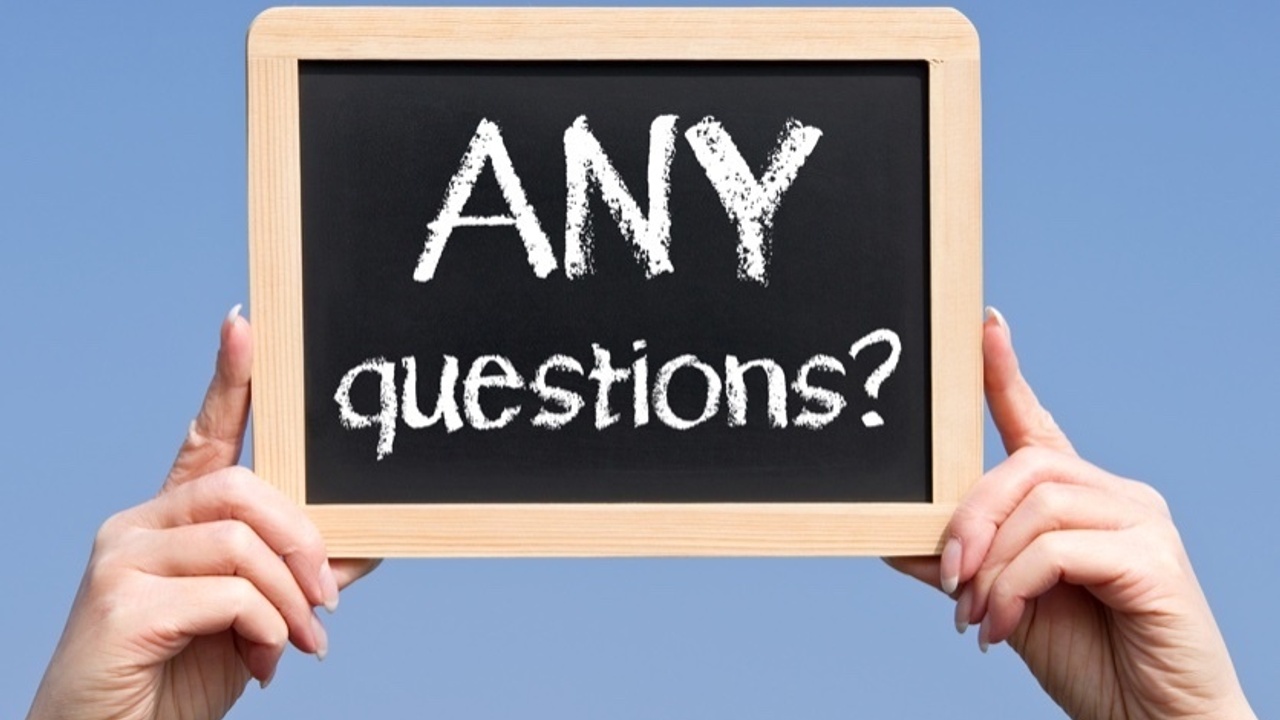
The Surprising Power of Questions
Oct 01, 2022I imagine that much of your workday is spent asking others for information in order to clarify things or make decisions. Yet unlike professionals such as attorneys, coaches, journalists, and physicians, who are taught how to ask questions as a core part of their training, few leaders think of questioning as a skill that can be honed. That’s a missed opportunity because questioning is a uniquely powerful tool. So is truly listening to the answers that you receive.
We often ask questions such as “How are you?” in casual or work interactions, yet we may not take time to truly listen to the response, thereby rendering the question essentially meaningless. By becoming more conscious of the questions we ask ourselves and others and framing them carefully in terms of both content and context, we can unlock surprisingly effective tools for fostering greater success, happiness, and connection.
As a Master Certified Executive and Personal Coach, an Amazon best-selling author, as well as a TEDx speaker, LinkedIn top influencer, and contributing writer for major industry-related journals, Joshua Miller has finetuned the art of using questions to expand possibilities. In fact, he offers a highly popular LinkedIn Learning course called “Using Questions to Foster Critical Thinking and Curiosity.” In Episode 108 of The MINDSet Game® podcast, Josh discusses why the right questions can be so impactful and shares some tips for asking better questions, both in self-reflection and in your interactions with others.
How can we ask more effective questions?
Josh begins by explaining the difference between open-ended and close-ended questions. You might ask a close-ended question when you are seeking to clarify something or just need a “yes” or “no” answer without further conversation. Open-ended questions, on the other hand, can be used when you really want to get curious about something – they’re about understanding and learning the depth of a situation, person, or experience.
Josh notes that most people use these two types of questions interchangeably throughout the day without paying attention to them. One of the keys to asking better questions is to slow down and be present. As he says, “Everything starts and stops from your level of presence. When you are not present, you're missing a lot. So asking these types of questions when you're not coming from a place of being present, you won't get the results that you're looking for.” He suggests focusing on both open- and close-ended questions with a higher level of presence and intentionality.
The role of curiosity and humility
Josh explains that curiosity and humility are two sides of the same coin: in order to be curious, you need to be present – but presence requires a certain degree of humility. This can be difficult because our brains are hardwired to resist uncertainty and threats. However, by working on becoming more present, humble, open, and vulnerable, we can expand what’s possible for ourselves and others and will be able to connect and co-create with one another more effectively.
Josh also emphasizes the importance of being curious and humble with yourself. For example, you might ask yourself open-ended questions such as “What am I feeling right now?” or “In what areas of my life does a particular pattern keep showing up?” Questions like these can help you learn to express yourself more effectively.
What questions can leaders ask themselves and their team members to get even better results?
Josh suggests two particular questions that leaders can use:
• What do you need? Often, leaders ask their team members more specific questions, such as “What support do you need?” or “How can I help you with this project?” However, by framing the question in a broader, more open-ended way, the leader will show greater empathy and humility while allowing the person they are asking a chance to pause and think critically about what they truly need – which may not be related to a particular work issue.
• How are you doing? By intentionally phrasing this question to be vague, leaders can foster connection at a human level, rather than strictly in the context of work.
Josh stresses the importance of asking questions like these in a meaningful way and leaving time to listen and respond – if people sense that the person asking does not truly care, it will eliminate the possibility of creating genuine connection. Therefore, both content and context are crucial in order to ask more effective questions.
Don't miss a beat!
New moves, motivation, and classes delivered to your inbox.
We hate SPAM. We will never sell your information, for any reason.

